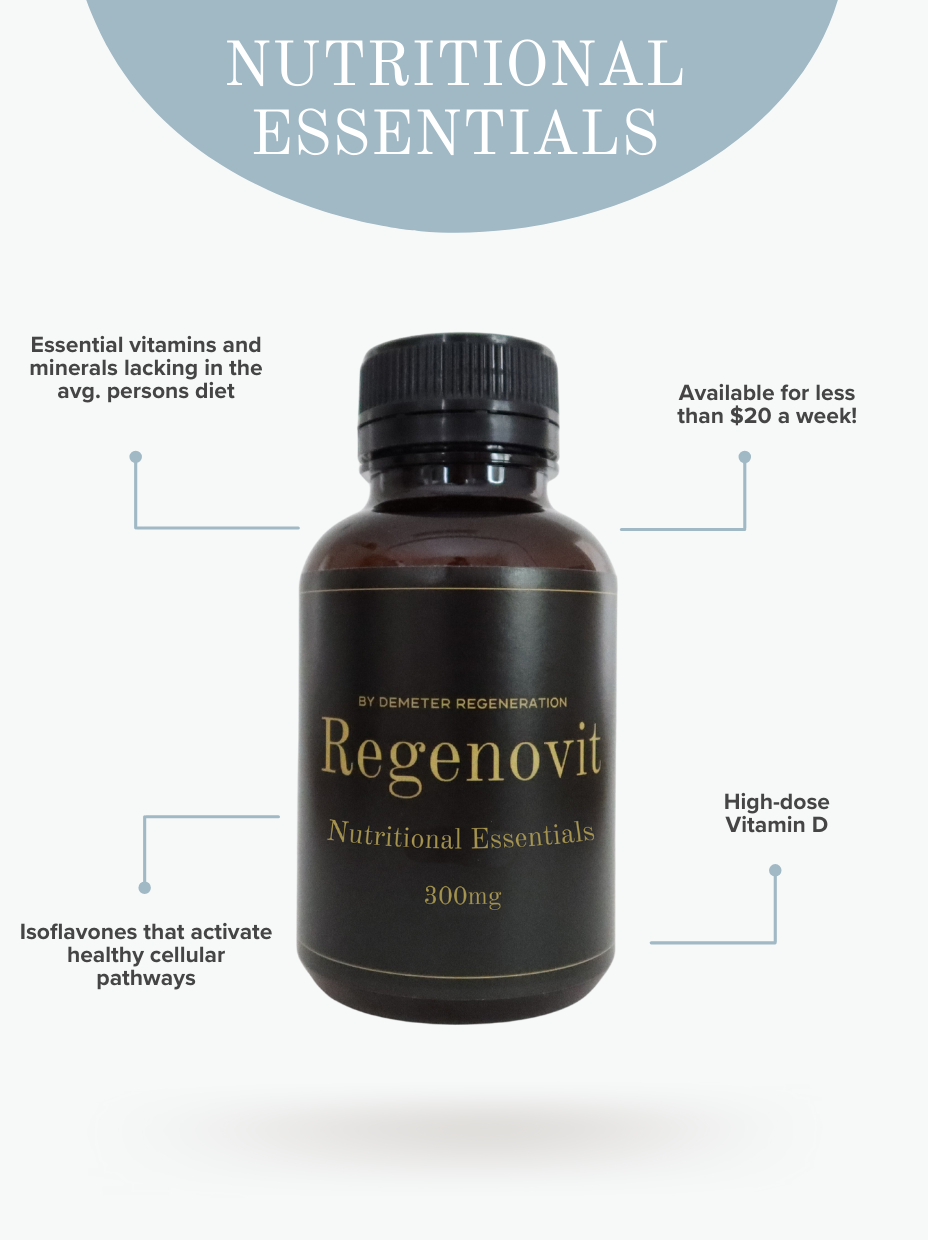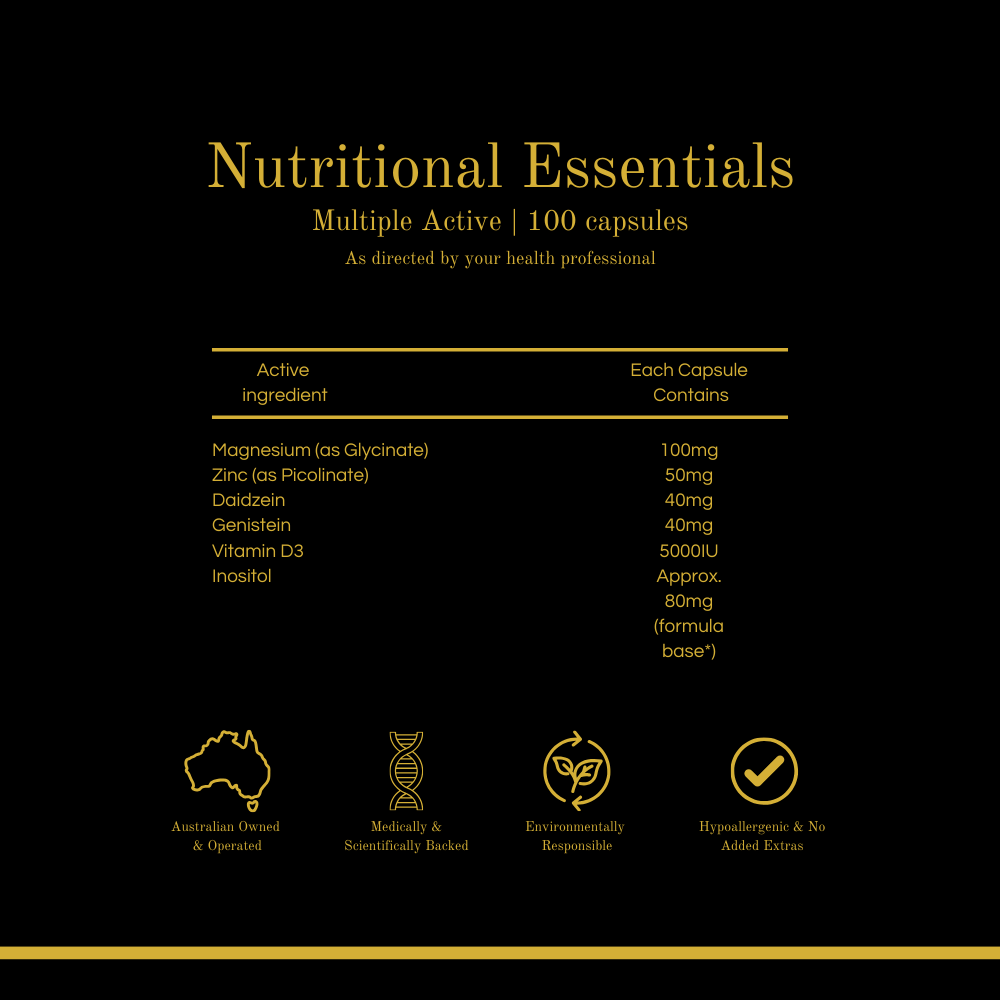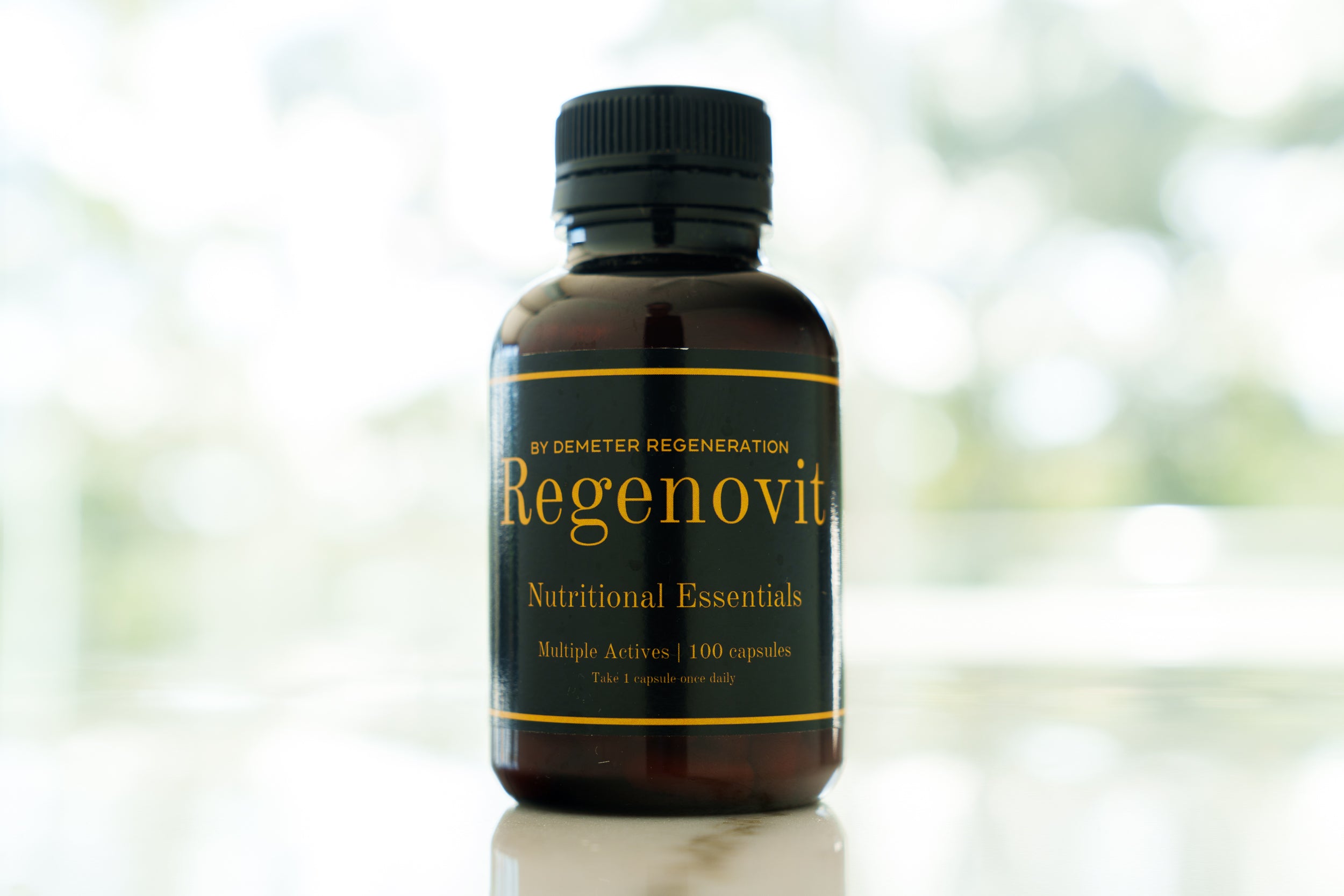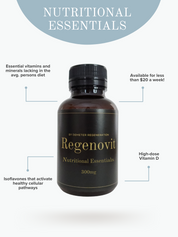Why is cell health important?

At the core of our well-being lies a fundamental unit of life: the cell. These microscopic building blocks perform a multitude of functions, from generating energy to maintaining tissue integrity and regulating bodily processes. The health of our cells plays a pivotal role in determining our overall health and vitality. Let's delve into why cell health is crucial for our well-being.
-
Energy Production: Cells are the powerhouses of the body, responsible for generating the energy needed to fuel essential functions. Through processes like cellular respiration, cells convert nutrients into adenosine triphosphate (ATP), the primary energy currency of the body. Optimal cell health ensures efficient energy production, supporting vital processes such as muscle contraction, nerve signaling, and metabolism.
-
Tissue Repair and Regeneration: Healthy cells are essential for tissue repair and regeneration. Whether it's healing a wound, replenishing skin cells, or repairing damaged muscle fibres, the ability of cells to proliferate and differentiate is critical for maintaining tissue integrity and functionality. Proper cell health ensures timely and effective tissue repair, enabling the body to recover from injuries and maintain optimal function.
-
Immune Function: The immune system relies on healthy cells to mount an effective defence against pathogens, toxins, and foreign invaders. Immune cells such as lymphocytes, macrophages, and neutrophils require optimal functioning to identify and eliminate threats to the body. Additionally, cells play a role in regulating inflammation, a crucial component of the immune response. Maintaining cell health supports immune function, helping the body ward off infections and diseases.
-
Antioxidant Defence: Cells are constantly exposed to oxidative stress, which can damage cellular structures and DNA if left unchecked. Antioxidants play a vital role in neutralising free radicals and protecting cells from oxidative damage. A balance between antioxidants and free radicals is essential for maintaining cell health and preventing oxidative stress-related diseases such as cancer, cardiovascular disease, and neurodegenerative disorders.
-
Longevity and Aging: The health of our cells directly impacts the aging process and longevity. Cellular senescence, the gradual deterioration of cell function and replication capacity, is a hallmark of aging. By preserving cell health through proper nutrition, exercise, and lifestyle habits, we can potentially slow down the aging process and promote longevity.
Cell health is fundamental to our overall well-being. By supporting energy production, tissue repair, immune function, antioxidant defence, and longevity, optimal cell health lays the foundation for a vibrant and resilient body. Investing in habits that promote cell health, such as maintaining a balanced diet, staying physically active, managing stress, and avoiding harmful substances, is essential for nurturing our cells and optimising our health-span.





